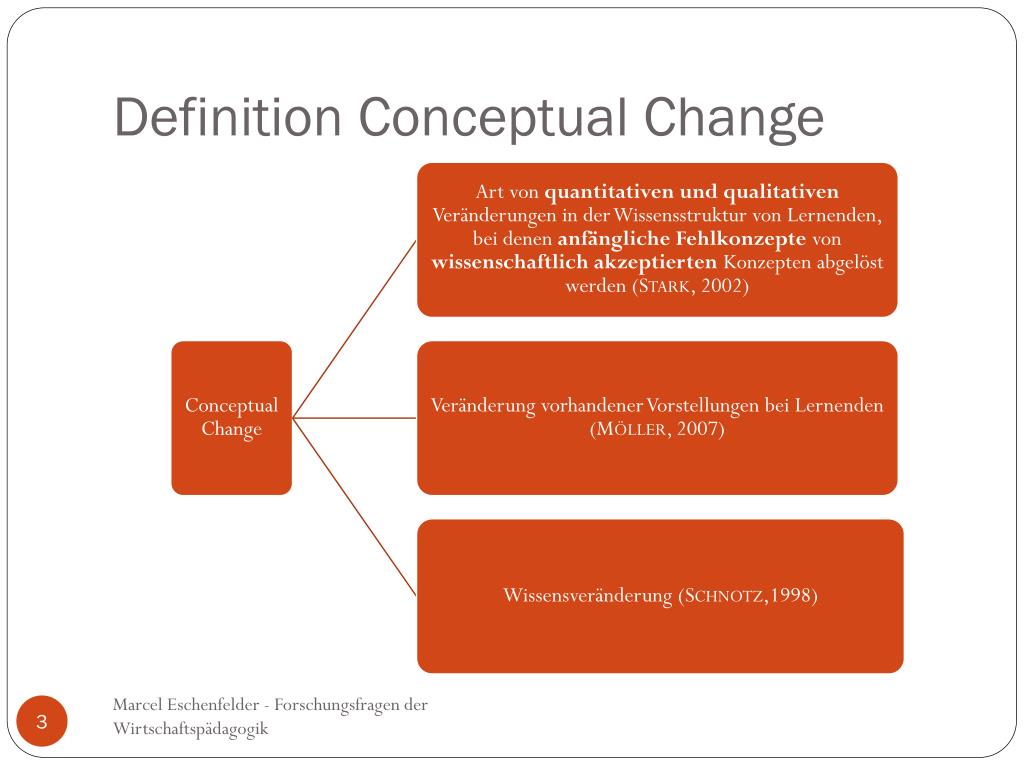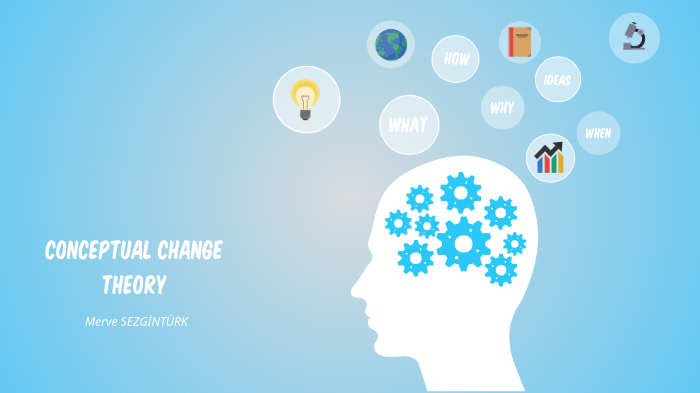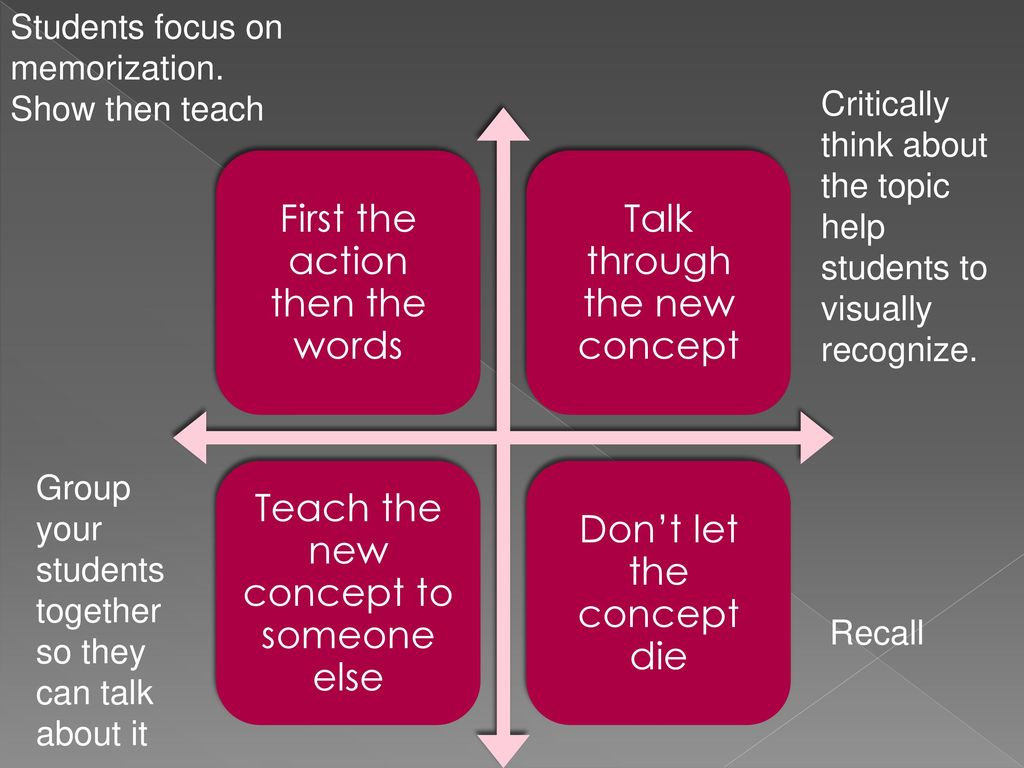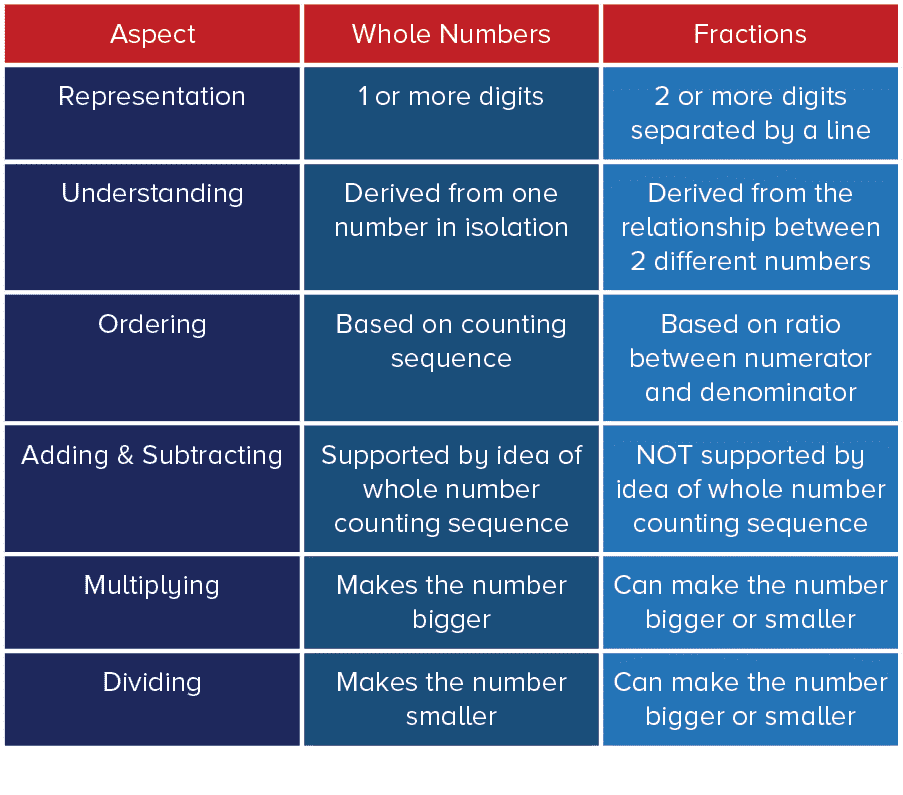Conceptual change refers to the process of modifying or revising one's understanding of a concept or idea. It is a fundamental aspect of learning and is essential for adapting to new information and experiences.
There are many different factors that can contribute to conceptual change, including direct instruction, peer interaction, and personal experience. For example, a teacher might present new information in a lesson, causing students to revise their understanding of a concept. Alternatively, students might discuss a topic with their peers, which can lead to a deeper understanding of the concept through the exchange of ideas and perspectives. Personal experience can also play a role in conceptual change, as people often revise their understanding of concepts based on their own observations and encounters.
One of the most influential theories of conceptual change is known as the constructivist theory, which posits that people actively construct their own understanding of the world through their experiences and interactions with it. According to this theory, conceptual change occurs when people encounter new information that conflicts with their existing understanding of a concept, leading them to revise their understanding in order to better align with the new information.
There are several strategies that can be used to facilitate conceptual change, including the use of concrete examples, the incorporation of prior knowledge, and the provision of adequate explanation and justification for the new information. For example, using concrete examples can help students better understand abstract concepts, as it provides a concrete reference point for them to relate the concept to. Similarly, incorporating prior knowledge can help students make connections between the new information and their existing understanding, which can facilitate conceptual change. Finally, providing adequate explanation and justification for the new information can help students better understand the reasoning behind the concept and why it is important, which can further support conceptual change.
Conceptual change is a crucial aspect of learning, as it allows individuals to adapt their understanding of the world and better incorporate new information into their existing knowledge base. By using effective strategies to facilitate conceptual change, educators can help students more effectively revise their understanding of concepts and ideas, leading to a deeper and more comprehensive understanding.
Conceptual Change

The research also showed that matter concepts were relatively easily understood in a scientific context but students had more difficulty understanding dynamic and random activities of particles in an equilibrium state. These include making conflicts meaningful, investing time and energy in the process, providing multiple contradicting theories, focusing on the added value of the desired outcome and providing encouragements about the process of change itself, while recognising that setbacks do not mean a lack of progress. Often referred to as misconceptions, these representations are personal models or theories borrowed or developed by learners in their efforts to understand scientific phenomena. Personal Response What, in your opinion, is the most significant finding in your review of the research into the response of learners to contradicting information? According to this view, conceptual change is the process of cognitive reorganization of fragmented naive knowledge. Word meanings and usage may differ from individuals, and the correct term used by educators might be different from what the students perceive in their naive knowledge. Moreover, traditional intelligent systems use a rich source of data to draw conclusion from. A sustained multidimensional conceptual change intervention in grade 9 and 10 science classes.
Conceptual Change Theory: How to Teach Science

Author: Stella Vosniadou ISBN: 113657820X Format: PDF, Kindle Release: 2013-07-18 Language: en Combined with chapters that describe conceptual change research in the fields of physics, astronomy, biology, medicine and health, and history, this handbook presents writings on interdisciplinary topics written for researchers and students. . Integrating intelligence systems in proper instructional and assessment classrooms is still at its infancy, but can be characterized by characterized by three elements: i a strong presence of teachers in all phases of the project, ii a cognitive model that is used to drive instructional and assessment interactions, and iii explicit connections to state standards and standardized state tests. Thus, intentional learning is considered as a non-automatic characteristic but something that develops with age. Lacks of awareness among students in their learning process often result in the inability to realize that their understanding is flawed. Some of the reasons why misconceptions are hard to repair is due to the fact that they involve difficult to understand principles and concepts.
Conceptual change: Learners’ response to contradictory information

We use MailChimp as our marketing automation platform. To support these issues, Pintrich et al. Hattie, originally based this claim on a meta-analysis of conceptual change texts. We also look into the future of conceptual change direction in education. That is mission of most teachers and I hope you find the information on this site useful. They differ, however, in their accounts of relative importance of the different sources and the details of their role in the process of change. Englewood Cliffs, NJ: Prentice-Hall, 1991.
Conceptual Change

Computers are not only useful as a tool in presentation and production, but recent studies aimed at using computers as learning enhancement tool successfully developed computer as a cognitive tool to facilitate the teaching and learning process. It is not even promoted in schools. Using bridging analogies and anchoring intuitions to deal with students' preconceptions in physics. For example, in the United States, summative assessments is in the center of attention after the U. However, each and every step forward in the technology cannot be taken for granted due to its convenience. School Science and Mathematics, 114 5 , 246—255. Unlike computer simulation, agent technology utilizes artificial intelligence AI technology.






